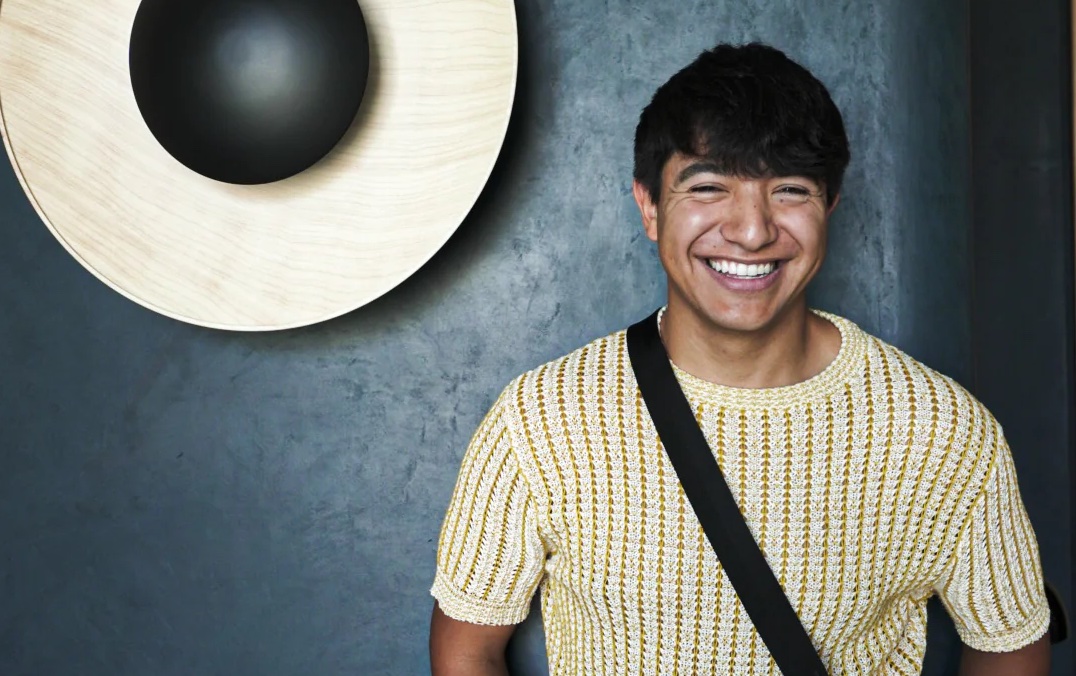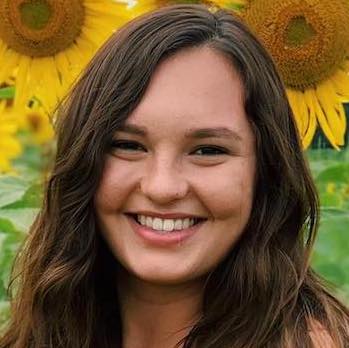
- Details
- By Kaili Berg
- Indigenous Entrepreneurs
The California Academy of Sciences (CAS) will showcase the popular Indigenous-owned brand Urban Native Era in a cross-cultural fashion show on April 4.
The San Francisco-based fashion brand, best known for its ubiquitous "You are on Native Land" hats and gear, will make its debut on the runway as part of the CAS's weekly NightLife series.
Joey Montoya (Lipan Apache), founder and CEO of Urban Native Era, will also be part of a panel dsicussion with other local artists and designers. Other panelists include Alia Sharrief, founder of the Hijabi Chronicles, dedicated to showcasing Muslim women in hip-hop; Cindy Phan, representing the Ao Dai Festival, which honors Vietnamese culture and history through fashion.
Montoya spoke with Native News Online about the inspiration behind Urban Native Era, how he incorporates Indigenous culture into his designs, and how he sees fashion continuing to become a core part of Indigenous gatherings.
This interview has been edited for clarity and length.
Your brand, Urban Native Era, aims to increase the visibility of Indigenous peoples through fashion and design. Could you share more about the inspiration behind starting this initiative?
Toward the end of 2012, I was inspired by Indigenous-led movements in Canada called Idle No More. I began sharing images and photos of rallies and flash mob-like round dances to a Facebook page titled Urban Native Era. The fashion piece came in May, 2013, when I started to figure out other ways I could reach broader audiences. Since then the brand has been focusing on fashion and design a lot because I believe it plays a huge role on how to move through this world.
How do you incorporate elements of Indigenous culture and identity into your designs while also making them accessible to a broader audience?
When I first started incorporating clothing, I designed large graphic art pieces of Indigenous issues we would amply. The graphic art pieces reflected movements such as MMIW in 2014, Mauna Kea, Standing Rock, and Oak Flat. I developed my artistic eye in college and after college, I wanted to take a more minimal approach. From our ‘You Are On Native Land’ statement piece to our Hummingbird logo, I’ve been focusing on pieces that aren't too “loud", that are subtle, but make a statement.
I believe these things are what have made it appealing to the broader audience. These past two years, we have also been working on basics such as blank white tees, socks, etc. These pieces of garments don’t necessarily scream what people consider “Indigenous” but are made by an Indigenous-owned company. What we are showcasing in the fashion show will be something people have never seen from us before.
In what ways do you see fashion serving as a platform for cultural expression and empowerment, particularly for Indigenous communities?
Fashion has always been an integral part of Indigenous culture. Today, fashion continues to become this way of expressing who we are, the communities we come from, and our connection to land or places. I see fashion continuing to become a core part of Indigenous gatherings and events. For example, The Black Hills Powwow and the Reservation Economic Summit (RES) this year both had fashion shows. I think it's a beautiful way to express ourselves — to feel seen — and will lead to more Indigenous fashion designers and creatives in the future.
What are you hoping audiences will take away from the upcoming show and what are you looking forward to the most?
This will be our first fashion show, I hope the audience really takes in the whole experience, from the original soundtrack we have designed for the show to these completely new pieces. I want folks to leave inspired and for them to begin this process of examining what fashion really means to them.
EDITOR'S NOTE: A version of this story first appeared in our Native News Online affiliate.
